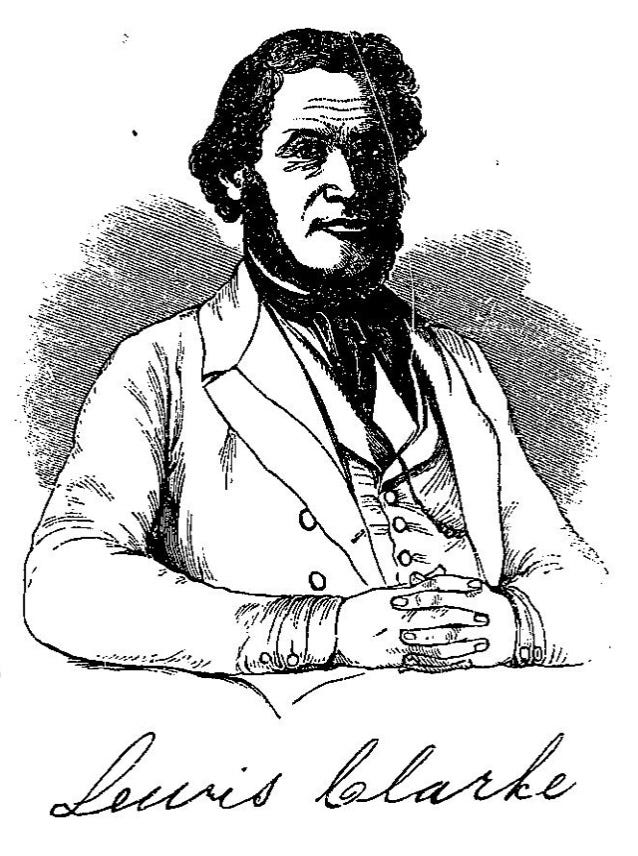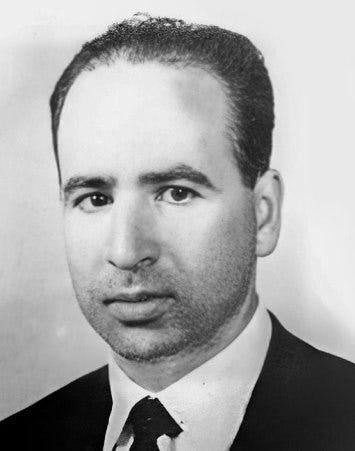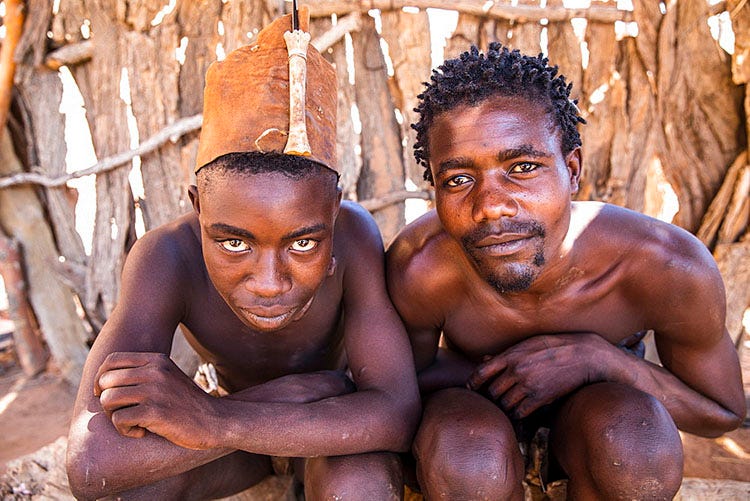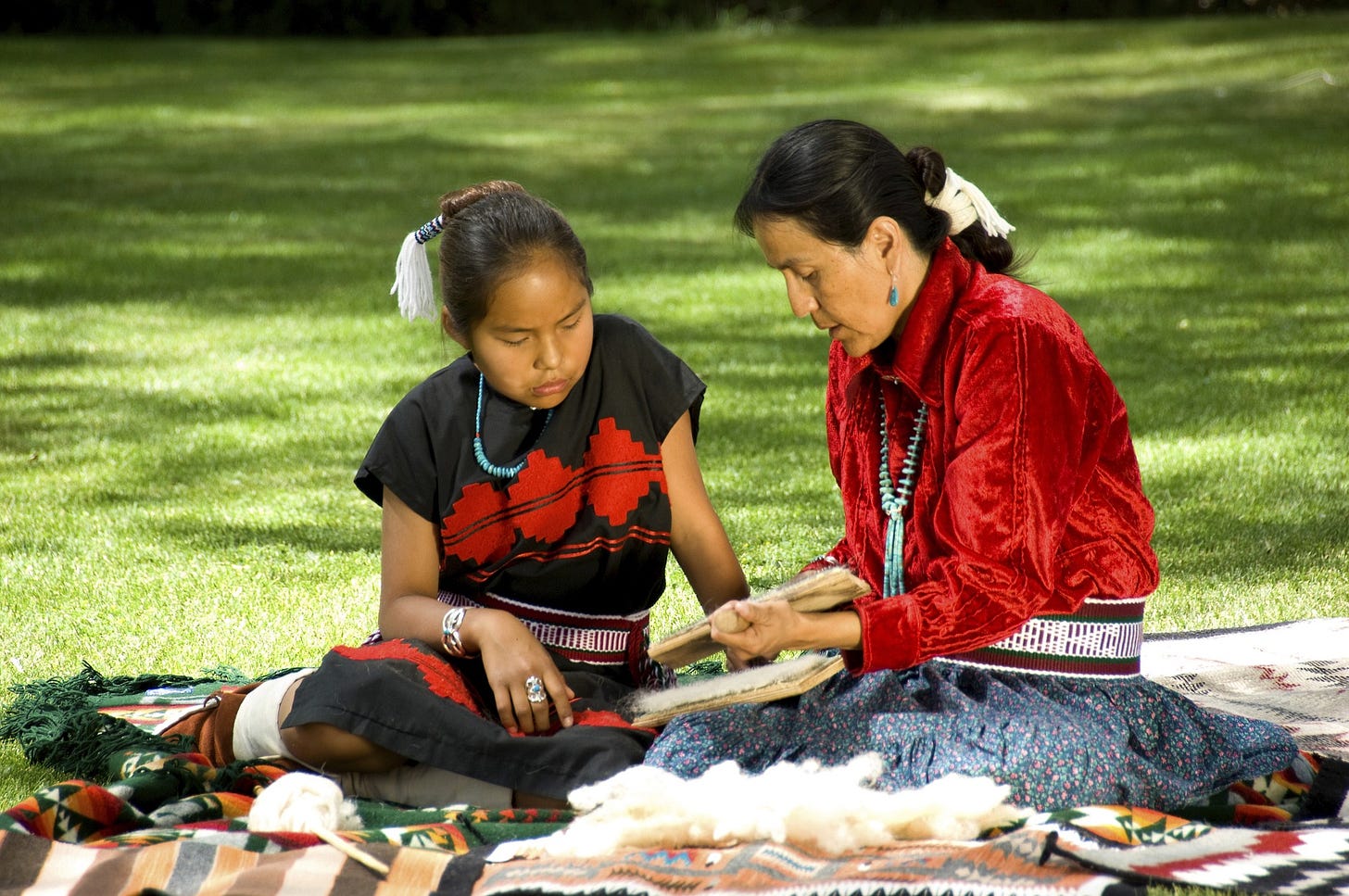“Black lives matter!” – the crowd demonstrating against police brutality chants. If it had happened in Nigeria, we might not have heard about it, but since American news outlets were full of it, the world got to see it. Those that were interested could read up on shocking statistical data: Police kills over a thousand people in the US annually, proportionally three times as many blacks as whites. Many of the victims don’t carry weapons, yet hardly any of the perpetrators receive a sentence. The average life expectancy of a black man is seven years shorter than that of his white compatriot. Nearly two thirds of black kids grow up without a father. And so on. Or, if you were tuned in to TV channels opposed to the ones mentioned, you could get informed about the ghastliness of black crime and stare in horror at looting scenes by a black mob.
But wait a minute. Who actually are those “black people”?
“My grandmother was her master's daughter; and my mother was her master's daughter; and I was my master's son; so you see I han't got but one-eighth of the blood. Now admitting it's right to make a slave of a full black nigger, I want to ask gentlemen acquainted with business, whether because I owe a shilling, I ought to be made to pay a dollar?"”
Lewis Clarke, fugitive slave in the USA in 1842. You can read his writing here and this is his picture:
When visiting Morocco, you come across strangely light-skinned people who, were it not for their attire, could pass for European tourists. They are Berbers, the original inhabitants of Northern Africa. Voilà Belqasem Krim, late leader of the Algerian revolution, member of the Kabyle ethnic group:
And who are those chocolate-colored people with a characteristic, proud Berber gait that you meet on the other side of the Atlas mountains? Well, the amazing Berbers, who call themselves Amazigh, were not always a suppressed group. They conducted slaving raids to the other side of the Sahara, returning with black bounty. The men, regadless of what we might hope, did not resist the temptation of black skin and exotic pheromones. They slept with the slave girls and had children with them. Who probably had a lower social status than their half-siblings from proper marriages, but I presume that their father recognised them as his own and they were free persons. I did not find sources to corroborate this but it is difficult to imagine that someone would make a slave out of his own children. A distortion of biological instincts to such a degree is almost incomprehensible. It makes cannibalism look like a prank.
Yet, as we could see, many plantation owners were happy to swell the number of their slaves with their sons and daughters that they could then force to work, whip to shreds or sell at their whim. This is the genetic background of African Americans whose majority are actually Mulattoes. Some have more European blood in their veins than African. When we Europeans see an almost completely Caucasian person in the US being called black, we are altogether baffled.
The present colorblind situation is the result of legal machinations that were intended to preserve the “purity” of the white race. Southern states kept introducing the so called one drop rule as late as the beginning of the twentieth century. This construction placed “white” citizens in a different category from everyone else who had even minimal non-European ancestry. In the forties thirty US states still prohibited mixed-race marriage. Sixteen states still had it in 1967 when it was finally abolished by the Supreme Court after a lenghty legal battle.
All this in a country that hails itself as “the land of the free”. Apparently total liberation of formal slaves is still in the making. How good that Black Lives Matter is fighting for this noble cause! To make things more complicated, many radical human rights activists call the movement a sham, created and financed by billionaires for muddy political aims. True black freedom movements, like the Black Panther Party were crushed by the FBI in the sixties and seventies. You’d think they would have limited themselves to infiltration, harassment, fabricated judicial procedures and the like, but no. Some of the leaders were executed in a romantic hail of bullets putting a Wild Western movie to shame.
Talking about colors – let us take a good look at “real”, pure-blood African people. In South Sudan you can actually find some blackish beauties:
But most Africans are more brownish like these Himba young men:
Do you think this lady is white? I think her dress is white while her skin could perhaps be called pinkish.
And would she be yellow? It is her clothes that are yellow.
Do these Navajo Indians appear red-skinned to you?
Labels like this are often intended to denote belonging to a particular group in society like a “red” or “blue” state. Who are then assumed to be in opposition. Sometimes a more nuanced expression can begin to resolve a conflict. A particular situation can be presented as a war between two hostile camps like “vaccine Nazis” and “anti-vacs” or as a gradual transition of views.
Political Correctness, however, is just a distraction in most cases. We can pat ourselves on the back for having used the seemly word. Negro, Colored, Black, African American – these were the approved forms in the US at a particular time, but they did not change people’s lives. Even a “black” (actually: half-blood) president didn’t. While his I.Q. was one and a half times that of his predecessor, he was just as much a puppet of industrial lobbies and arms manufacturers as the other guy. His only legacy, while bombing brown-skinned people to smithereens in faraway lands, is trying to get medical insurence for the American poor.
I wonder if we could contribute to the improvement of the lives of “black” people (people with some African inheritance) in former slave countries. This idea may seem strange at first, since we are used to the fact that Eastern Europe has no cultural influence in the world. Everything comes from the West, especially America, we just put it on, like children do with their parent’s clothes, even if they don’t fit. The word “néger” is currently being banished from the language due to its similarity to “nigger”, even though in Hungarian it’s simply a descriptive adjective. We can proudly inflate our chests – the sad song of African slaves has never echoed in our fields. Our outsider viewpoint might be useful for a culture that got stuck in a black/white grind. The very incredulity upon hearing that all those shades are called black could be healing.
Color categories are more in our heads anyways. I think many disputes are not as black or white as the parties like to think. This could be true for the Russo-Ukrainian war (or the Russo-American war in Ukraine, as some say), to the debates about “sexual minorities”, consuming meat, a number of “scientific” controversies and so on. True, fighting gives you an exciting boost of adrenaline. But useful results come more from dismantling barricades, paying attention to the other party, dialogue and some more profound thinking.
So think of a negative generalization that you have held true about the world. Such as that a particular group of people is like this or that. “Gypsies are thiefs.” Or that a phenomenon is adverse. “Global warming is bad.” (I’m not saying that these are true, or untrue, or that you believe in them. These are just examples.) Do not discard your generalization, just ponder about it a little. When is it not correct? Are there exceptions? Could you make it more nuanced, more precise?
You can also think of a quality of yourself that you have thought true but don’t like. Something like you can’t do something or are not good at something. Is it really this black-and-white? Is there a possibility that you are exaggerating? Maybe you thought that you were a bad driver, but when you actually scrutinize the situation, you find that what you want is an improvement in handling the clutch. Or you thought you are not a good public speaker when in reality what was missing is paying more attention to your audience. Maybe your generalization was true at some point but it’s outdated now. I’d like you to find a few examples when the opposite of your belief was true. When yes, you could do it, when it went well, when you surprised yourself by performing smoothly.
I’m curious how your perception will change as you keep these positive events in your mind for a few weeks. You can talk about them with others, or just enjoy thinking about them. I’m also curious what will happen to Africa, the ancient home of our species. This is the topic of another article. Until then – make colorful abstractions.








